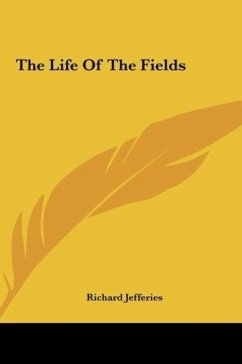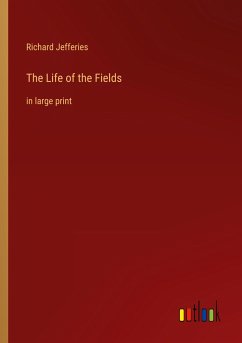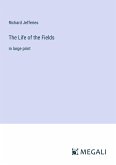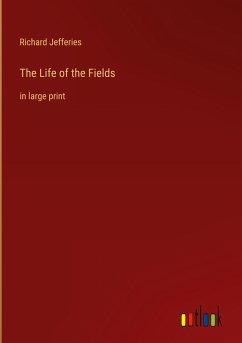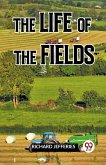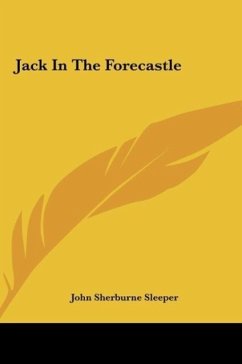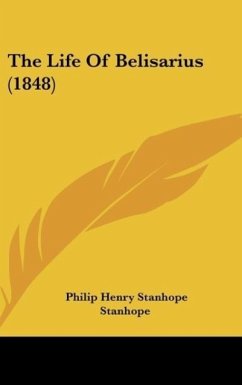The lost leaves measure our years; they are gone as the days are gone, and the bare branches silently speak of a new year, slowly advancing to its buds, its foliage, and fruit. Deciduous trees associate with human life as this yew never can. Clothed in its yellowish-green needles, its tarnished green, it knows no hope or sorrow; it is indifferent to winter, and does not look forward to summer. With their annual loss of leaves, and renewal, oak and elm and ash and beech seem to stand by us and to share our thoughts.
Hinweis: Dieser Artikel kann nur an eine deutsche Lieferadresse ausgeliefert werden.
Hinweis: Dieser Artikel kann nur an eine deutsche Lieferadresse ausgeliefert werden.
